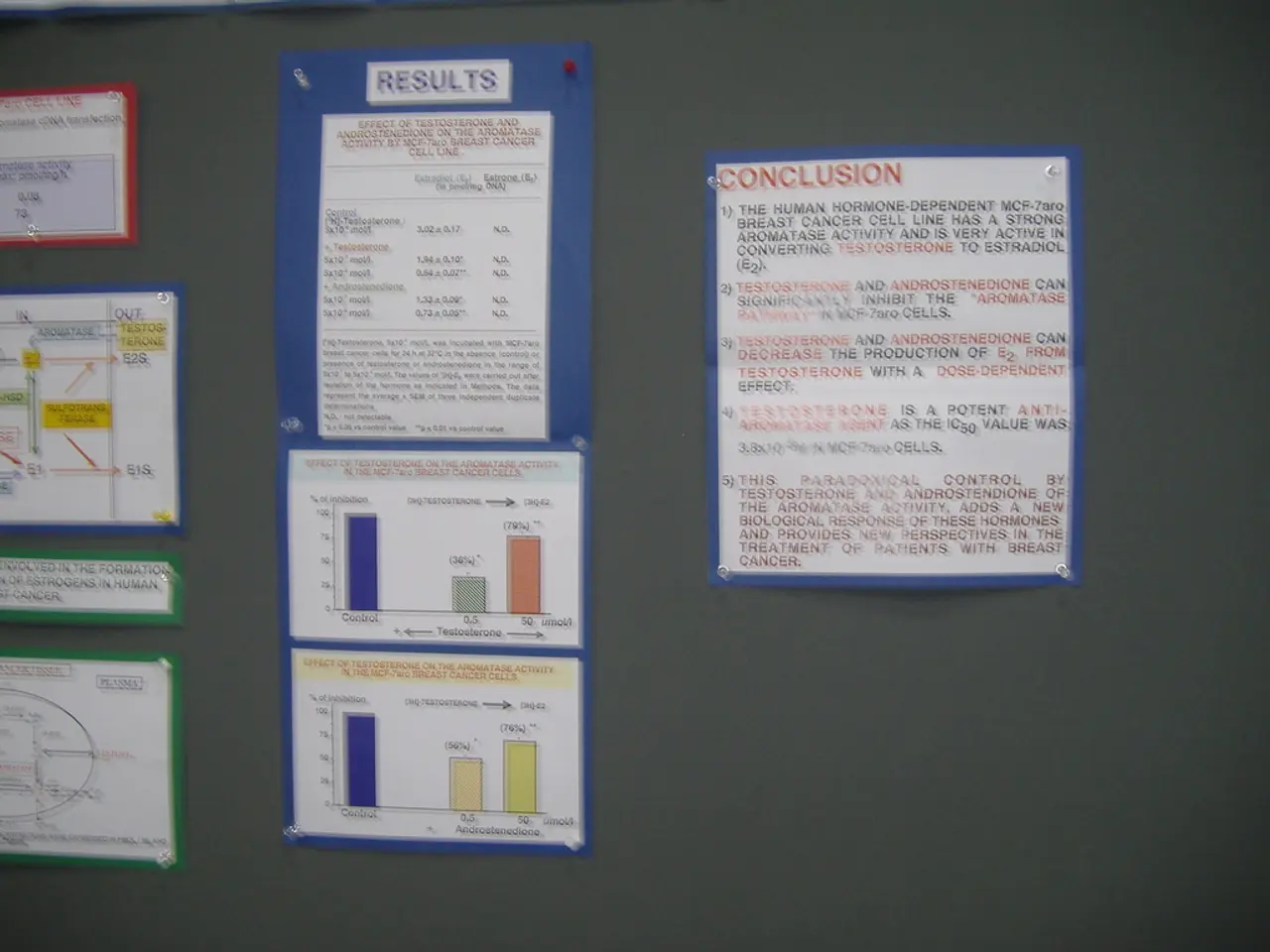Potential Threat to Employee Retention Credit Refunds under Trump's Tax Policy Agenda?
===================================================================
The Employee Retention Tax Credit (ERC) filing window officially closed on April 15, 2025, marking a significant change in the tax landscape for businesses that had been relying on this credit to help them weather the COVID-19 pandemic. The new tax legislation, known as the "One Big Beautiful Bill Act" (OBBBA), signed on July 4, 2025, brings about several changes to the ERC, including retroactive disallowance of claims filed after January 31, 2024, and extended audit periods for claims submitted during the third and fourth quarters of 2021.
The OBBB retroactively disallows all ERC refund claims filed after January 31, 2024, specifically affecting claims related to Q3 and Q4 2021[1][5]. This move aims to reduce improper claims and combat fraudulent practices that had been on the rise in the past. However, businesses with pending claims filed before Jan 31, 2024, or those who already received refunds before then are not affected by these disallowance provisions[1].
The new law extends the IRS audit window for ERC claims submitted during the third and fourth quarters of 2021, increasing scrutiny and potentially delaying processing of pending claims[1]. Meanwhile, the IRS is still dealing with a significant backlog, with hundreds of thousands of claims, causing further delays[1][3].
In addition, the legislation introduces new and expanded penalties targeting advisors and promoters who fail to conduct proper due diligence on ERC claims[1][5]. These penalties give the IRS more tools to crack down on invalid or improper claims and those who market the credit improperly.
To summarise, the key changes are as follows:
- The deadline for ERC filing: April 15, 2025 (claims filed after Jan 31, 2024 disallowed retroactively under new law)
- The extended audit window: For Q3 and Q4 2021 claims, allowing IRS a prolonged period to review and challenge claims
- Penalties for promoters: New and expanded penalties under OBBBA targeting individuals or firms promoting improper ERC claims
If a business receives an IRS denial letter on its ERC claim, it typically has 30 days to respond to preserve appeal rights[3].
This legislation marks a tightening of ERC claim administration, aiming to reduce improper claims through stricter deadlines, longer audit periods, and harsher penalties, which may challenge businesses seeking refunds in 2025 and beyond[1][5].
As of the spring, the IRS still faced a backlog of nearly half a million ERC claims, with many pending for more than a year[2]. Disallowing the ERC for some taxpayers retroactively could be problematic and ripe for constitutional challenge, according to an analysis by global law firm Eversheds Sutherland LLP[3].
References:
[1] IRS News Release, "IRS to provide relief for taxpayers impacted by COVID-19," July 4, 2025. [2] Tax Policy Center, "The Employee Retention Tax Credit: A Brief Overview," March 2025. [3] Eversheds Sutherland LLP, "OBBBA and the Employee Retention Tax Credit: What Businesses Need to Know," April 2025. [4] Bipartisan Policy Center, "Employee Retention Tax Credit: An Analysis of Potential Costs and Revenue," February 2025. [5] Congressional Budget Office, "Estimated Cost of the One Big Beautiful Bill Act," June 2025.
In light of the new tax legislation, known as the "One Big Beautiful Bill Act" (OBBBA), there may be a shift in some businesses turning to 'defi' and 'mining' as alternative sources of revenue, as the Employee Retention Tax Credit (ERC) filing window has officially closed and the ERC claims are now subject to stricter regulations and longer audit periods. This move towards decentralized finance (defi) and cryptocurrency mining could have a significant impact on traditional 'finance' business models.
With the extended IRS audit period for ERC claims submitted during the third and fourth quarters of 2021 and the introduction of new penalties for advisors and promoters who fail to conduct proper due diligence on ERC claims, it is possible that we might see an increase in 'business' interest in less regulated financial sectors like 'defi' and 'mining' for potential revenue generation.




